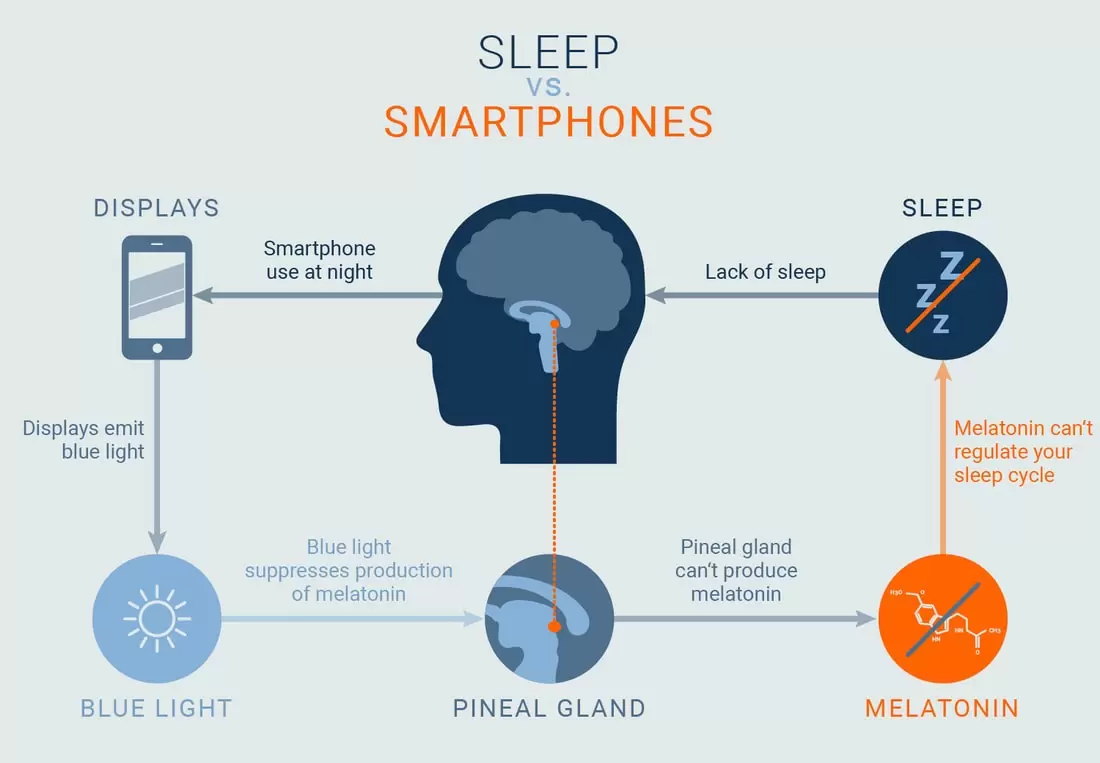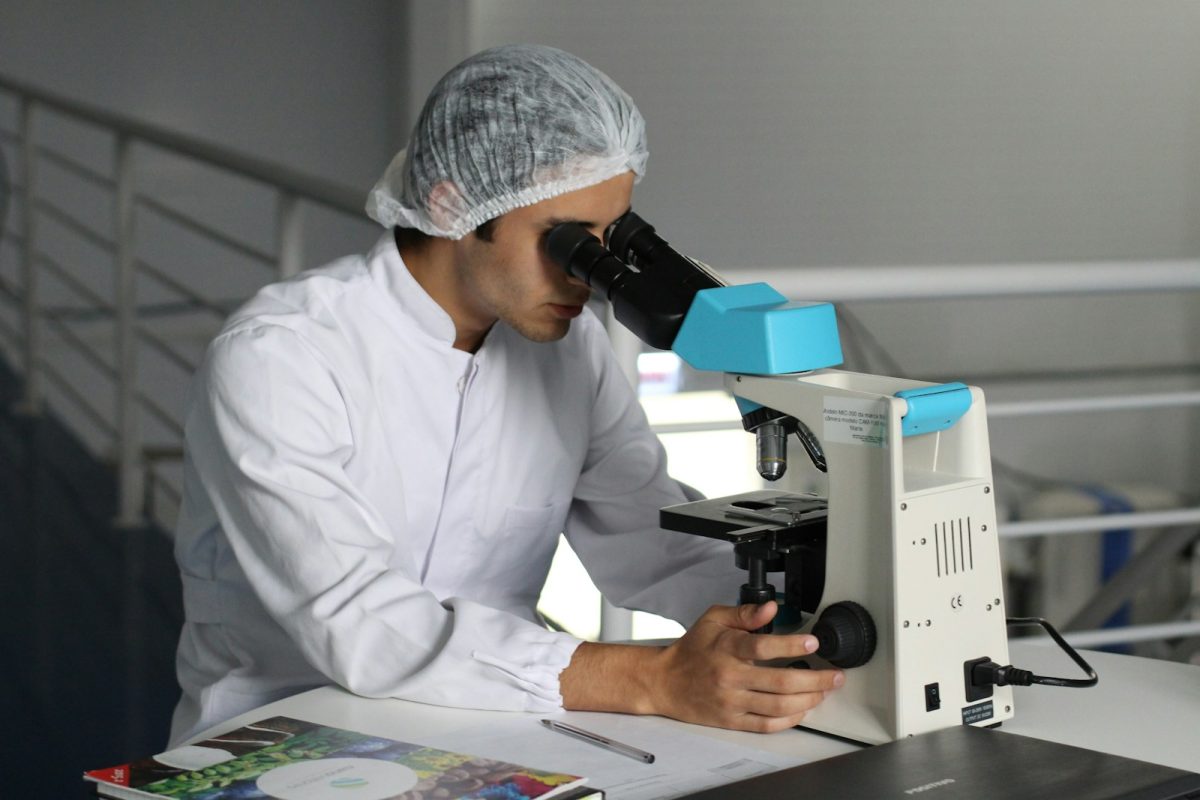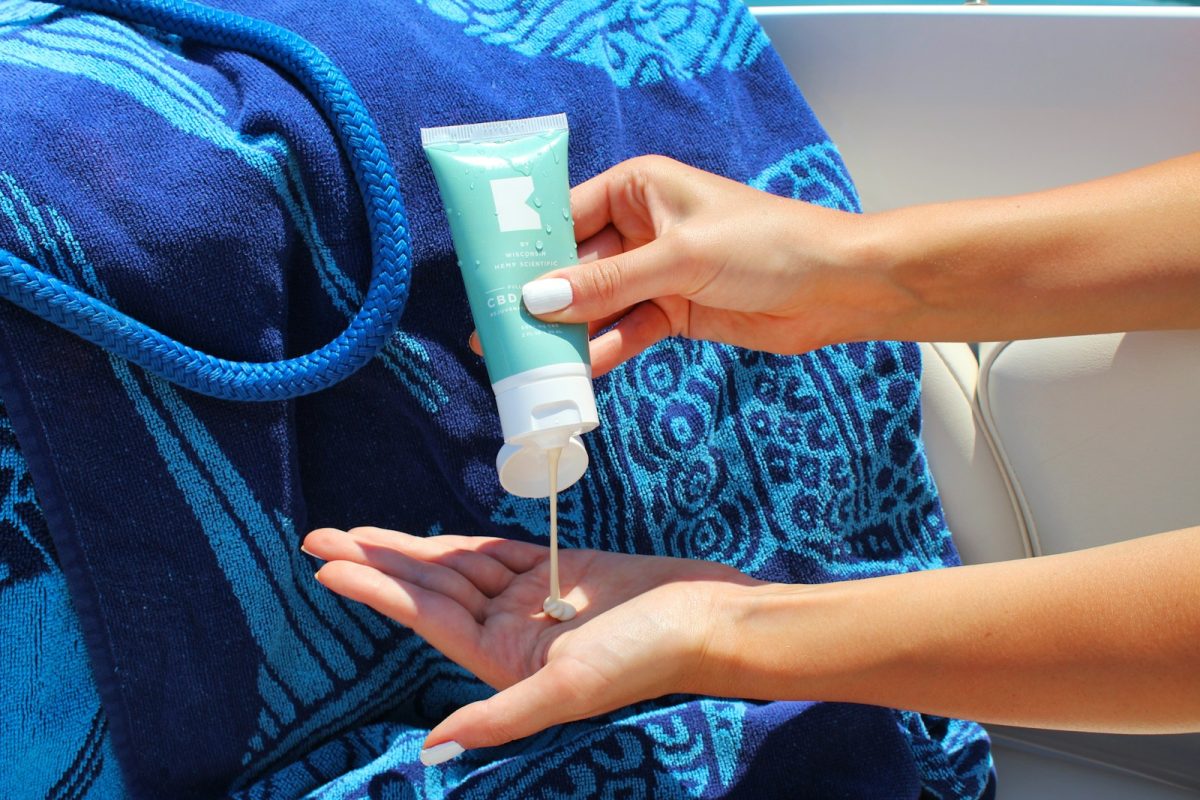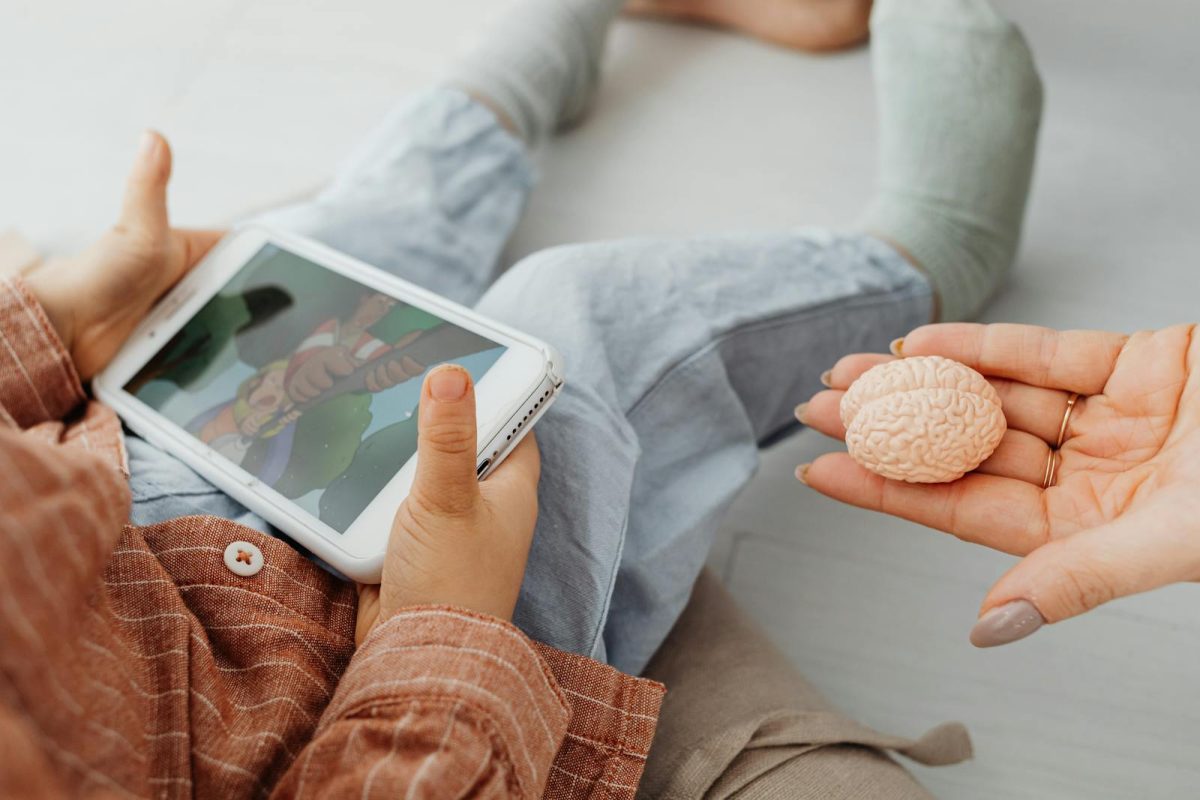Blue light can negatively affect sleep primarily because it interferes with the body’s natural circadian rhythm. This rhythm is regulated by the hormone melatonin, which helps signal to your body when it’s time to sleep.
Exposure to blue light, especially in the evening, inhibits melatonin production, making it harder to fall asleep. Blue light is commonly emitted by screens from devices like smartphones, tablets, and computers. As a result, using these devices before bed can trick your brain into thinking it’s still daytime, thus delaying your sleep onset and reducing overall sleep quality.
Additionally, disrupted sleep patterns can lead to a host of other health issues, including mood disturbances and decreased cognitive function. To promote better sleep, it is advisable to limit exposure to blue light in the hours leading up to bedtime, perhaps by using blue light filters or opting for device-free relaxation.
Some people take melatonin tablets or a liquid form to help them fall asleep, but it’s only meant to help when you can’t fall asleep quickly, not as a permanent drug you need to take to fall asleep. Like all drugs, after prolonged use, you need more of the drug to feel the same effect you did before. This includes medically prescribed drugs and medications, not only addictive drugs. So, unless you don’t care about the impact of blue light, you should stay away from your phone for at least thirty minutes before getting ready for bed.
Related Stories:
https://www.health.harvard.edu/staying-healthy/blue-light-has-a-dark-side
https://www.sleepfoundation.org/bedroom-environment/blue-light
https://www.webmd.com/sleep-disorders/sleep-blue-light
https://pmc.ncbi.nlm.nih.gov/articles/PMC9424753/
Take action:






